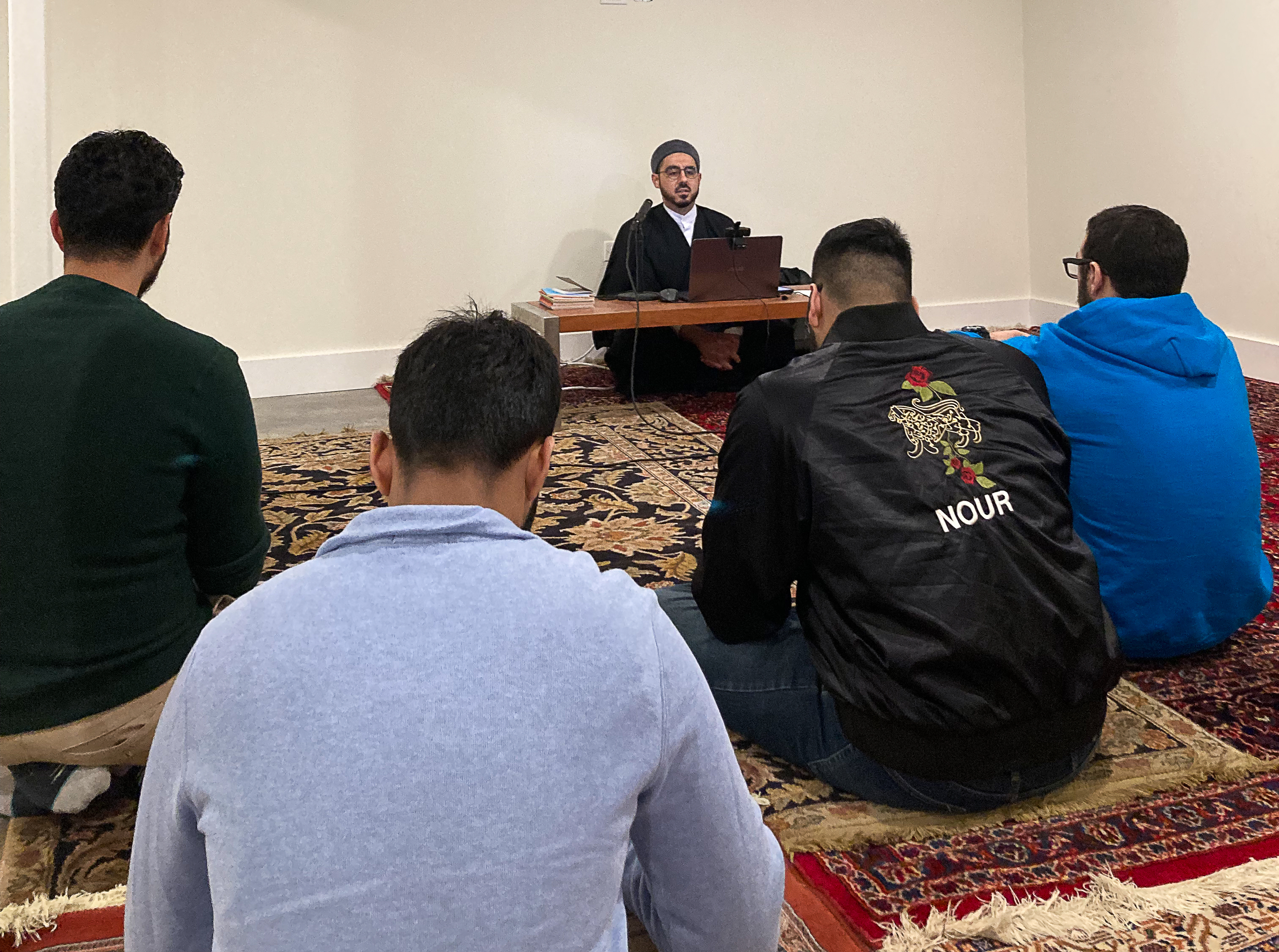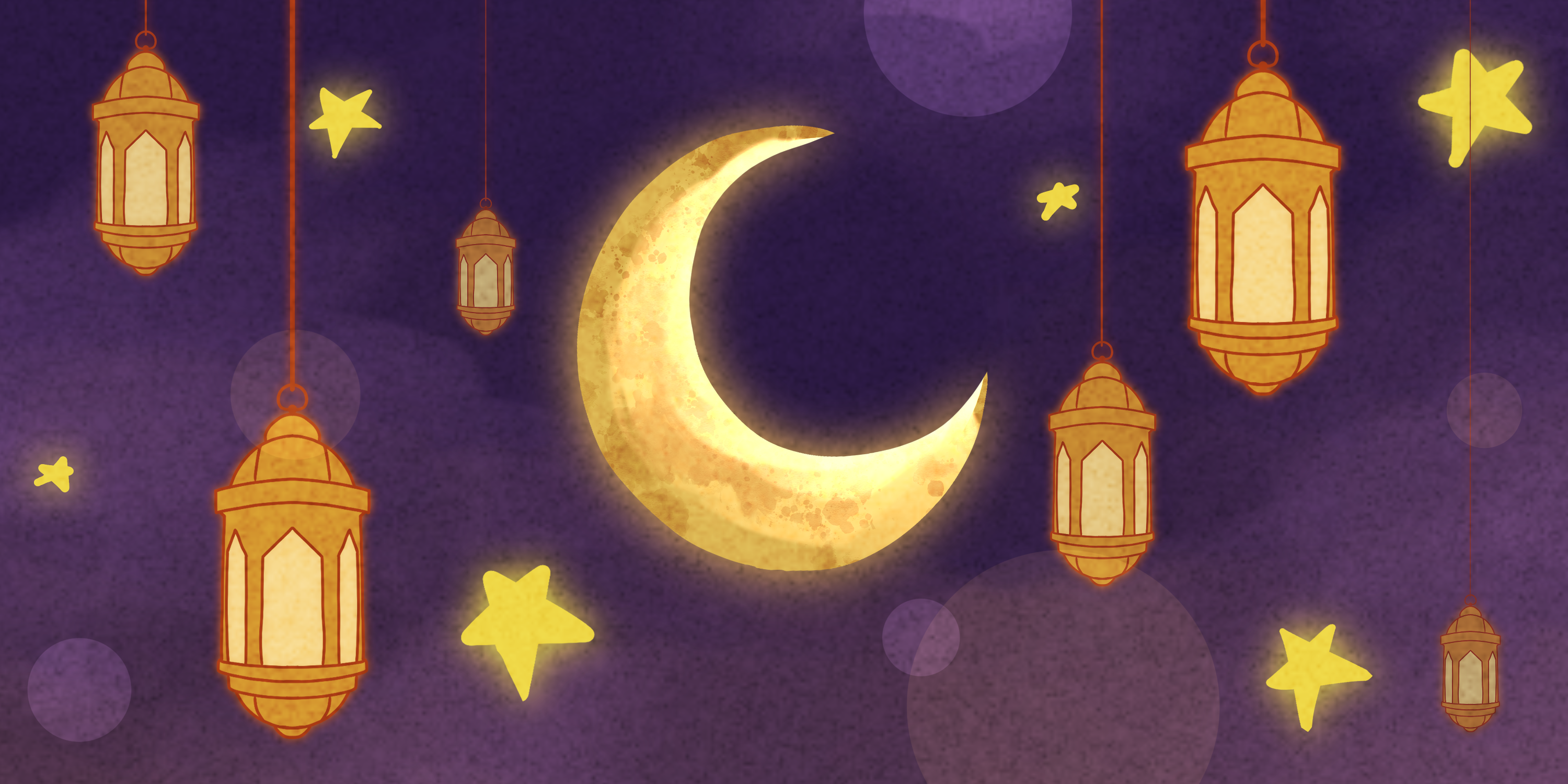How people in Chicago are marking this holy time of year
Springtime brings with it many exciting things, from flowers blossoming to the celebration of several religious holidays. Aside from Easter, Ash Wednesday, Purim, Holi and Passover, this year there is also even Ramadan. Participants are taking time out of their schedules to celebrate.
Ramadan comes around once a year and lasts a whole month. During the holiday, Muslims fast from sunrise to sunset, abstaining from food and drink, including water. They take the month to get closer to God by praying, giving to the needy and focusing on being thankful for what they have.
Assistant Director of Religious Diversity and Pastoral Care and Muslim Chaplain at DePaul, Abdul-Malik, provides a safe place for Muslim students looking for a community campus. “This is a month of daily fasting, special prayers and increased charity,” Abdul-Malik said. “It is one of the pillars of Islam and celebrates the revelation of the Quran to humanity.”
The DePaul Muslim Student Association (MSA) holds weekly iftars and regular chai chats, where they discuss topics that are affecting Muslim students, and how they can come together as a community to get close to God. These events are open to anyone and everyone who would like to participate. During this time, they serve food and drinks and encourage participants to break the day’s fast together as a community.
Abdul-Malik was able to create a community at DePaul to call his own, and now he can carry on that message and teach students who come after him.
“I grew up in a Catholic Christian family,” Abdul-Malik said, recalling his experience about converting to Islam, while studying as an undergrad at DePaul. “My heart felt at home with this community, and I observed fasting in Ramadan even before I formally accepted Islam. This was the time in the 1990s when UMMA, the Muslim student group at DePaul, was founded.”
The Muslim community is seeing participants in Ramadan this year outside of those on the DePaul campus. Trenton Carl, president and resident scholar at Sacred Roots Community in Pilsen, also spent the month trying to get closer to God.
“This is the high season of spirituality for Muslims,” Trenton Carl said. “We fast during the day and gather together in the evenings with family, friends and community to break our fasts, pray, and learn together.”
Much like Abdul-Malik, Carl holds events at the Sacred Roots space open for everyone, where he gives lectures on different topics, leads prayer, and serves food to the community.

Sheikh Trenton Carl gives a speech on the Treatise of Rights at the Sacred Roots Community Center. Photo by Mohammad Aun, 14 East
Carl recalls his first few years after he converted to Islam. “Ramadan was initially difficult because I didn’t have a family to celebrate with, but as I met new friends it became enjoyable — especially the late-night pre-dawn meals at Waffle House and IHOP,” he said.
When asked what he wants to accomplish by having events for the Muslim community at Sacred Roots, Carl said the vision at Sacred Roots “is to be a home for Muslims and the spiritually curious. We hold programs during Ramadan that include readings from the Quran, a short reflection on ethical and spiritual topics, prayer, and then a communal meal to break our fasts together. We hope that breaking bread and learning together creates a space for deeper friendships to flourish in an environment that is simultaneously contemplative and warm.”
DePaul’s student body is a mixture of religious and nonreligious students. Some choose to participate in the traditional customs and others don’t.
“The extent to which I am celebrating any holiday is putting a sticker of a duck on my bedroom window for Easter,” Briana Nunez said.
Nunez is a freshman at the university majoring in environmental studies. When asked whether she celebrated any other holiday, she recalled, “My dad was raised Catholic, but my mom wasn’t, so the only holiday we celebrate is Christmas.”
Freshman Nathan Halim, who identifies as a Buddhist, but not as a religious person, only celebrates cultural holidays. “I didn’t celebrate any religious holidays, but I celebrated Chinese New Year in January, but not Easter,” he said.
The great thing about having a diverse group of students is being able to learn more about other religions as well as experiencing the customs and joining in the celebrations. “Last year, I fasted for Ramadan with my friend, but I didn’t participate in the prayers,” Nunez said.
Trenton Carl also celebrated religious holidays before he converted to Islam. “I’ve been on Hajj and marked many other religious holidays, including Christmas every year growing up before I became Muslim,” Carl recalled.
Despite having converted to Islam, Carl was able to appreciate religious holidays that other religions celebrate, not because he believes in the teachings of these holidays, but because he appreciates others who also mark religious holidays by celebrating. “I learned to change the way I marked Christmas to honor my family.” Carl said.
Similarly, Abdul-Malik Ryan also has observed other religious holidays in order to respect those who follow and also to get more knowledge about other religions and what they teach. “I observed Lent and Holy Week and celebrated Easter until I became Muslim while attending college at DePaul,” Abdul-Malik Ryan said. “I have also attended many Interfaith Passover Seders over the years to observe and learn about that holiday.”
Header Illustration by Julia Hester




NO COMMENT